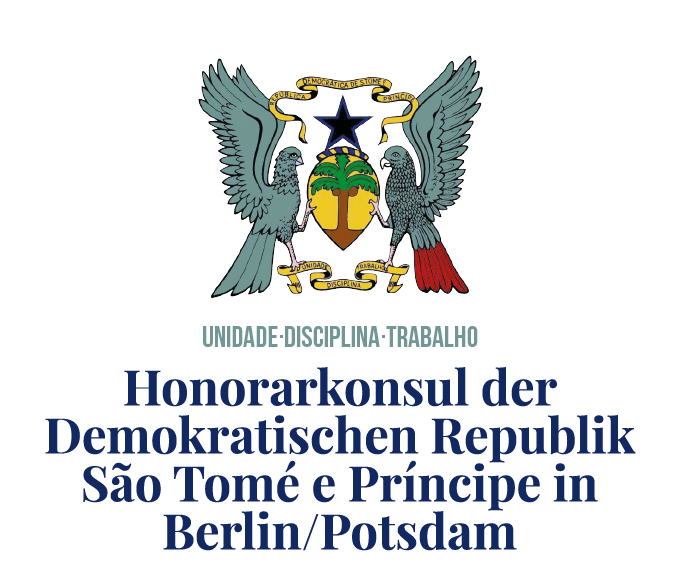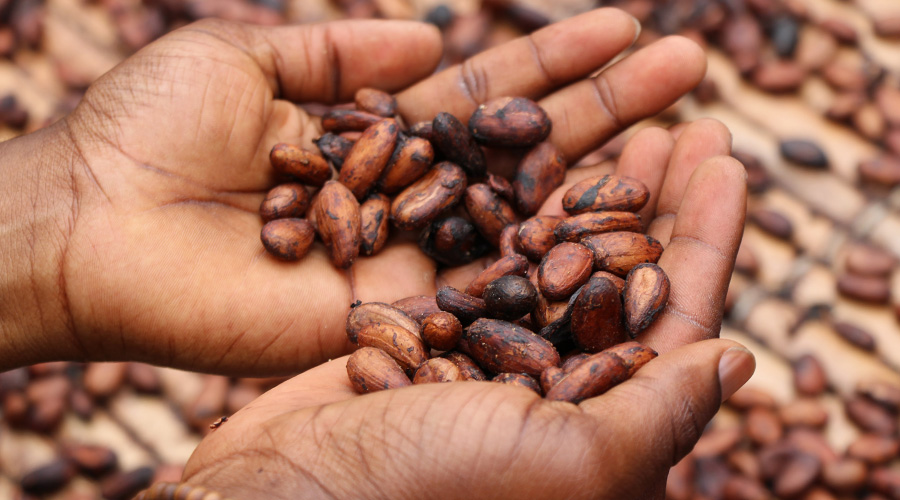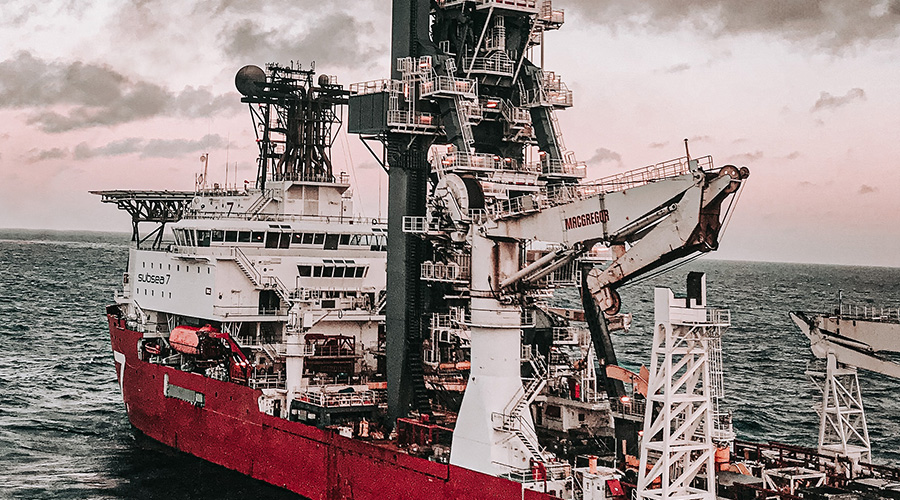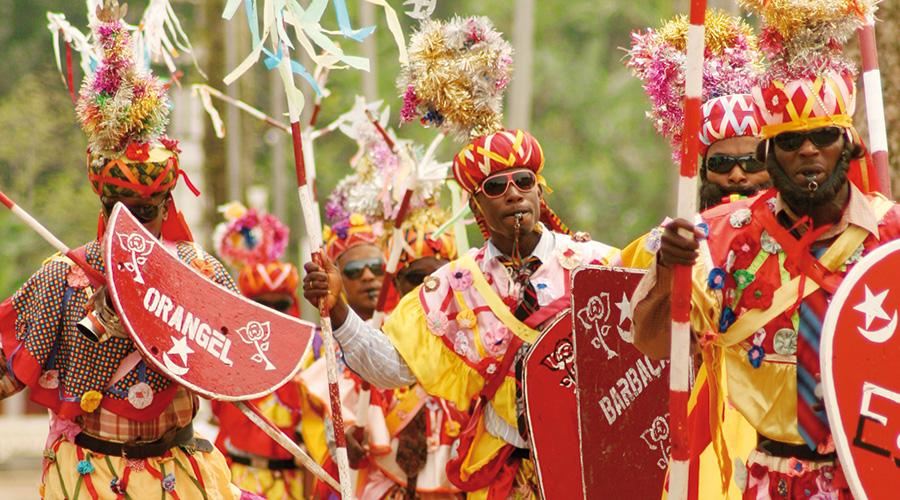–––––
Economy and Culture
in São Tomé and Príncipe
–––––
Container transport with a tugboat (Photo: CH).
Germany and São Tomé e Príncipe maintain close and friendly diplomatic relations. The German Embassy in Libreville is the first point of contact for these political relations.
The Consulate Berlin/Potsdam of São Tomé e Príncipe provides support. EU citizens do not need a visa for tourist trips of up to 15 nights to São Tomé e Príncipe. Further rules here.
Cocoa beans during drying (Photo: Etty Fidele)
Organic agriculture
São Tomé e Príncipe has a centuries-old tradition as an exporter of cocoa, coffee, coconut and similar agricultural products. In recent decades, now independent and free, it has developed a focus on high-quality agricultural products. Cocoa, coffee and vanilla from São Tomé e Príncipe are internationally renowned for their excellent quality. The largest cooperatives have completely dedicated themselves to organic farming and there are now three chocolate factories in the country (Claudio Corallo, Diogo Vaz, CECAB/Kaoka).
Commodities
Oil deposits have been suspected in the waters around São Tomé e Príncipe for several years. Several regional initiatives have been established to plan the extraction, promotion and marketing. Research drilling is currently taking place and is being undertaken in the sea off the west coast. Other exported commodities include palm oil from a long-established medium-sized plantation, timber, coffee, cocoa, coconut and flowers.
Vessel for the construction of an offshore drilling rig (Photo: Maxim Berg).
Auto de Floripes dance on Príncipe island (photo: Thomas Iwainsky)
Diverse, international, cosmopolitan: The culture of São Tomé e Príncipes
In São Tomé e Príncipe, influences from centuries between continents gather. Portuguese, feudal and African influences can be found, for example, in the street theatre Auto de Floripes on Príncipe. Tchiloli and Dança do Congo on São Tomé deal with other themes. Cape Verdean language and Brazilian capoeira are as much a part of modern culture as wave surfing and Angolan kuduro. Once a year, a biennial of local art takes place in the capital’s cultural centre.
Some local enterprises
– CECAB: Cocoa cooperative with more than 5000 member families. Organic farming, cocoa export, chocolate factory.
– Claudio Corallo: Internationally awarded chocolatier with own organic plantations and a factory.
– Diogo Vaz: High-quality chocolate from a glass factory right next to a chic café
– Águas Bom Sucesso: Mineral water factory in the mountains of São Tomé
– Rosema: Beer factory in Neves
– ENAPORT: National port authority
Some cultural dates
– “Culture Month” on the island of Príncipe: Always in August, with Auto de Floripes, among others.
– Biennial of culture in the capital usually in July, theatre, show, music, fashion, culinary arts
– 12 July: Independence Day with festivities in the capital
– 3 February: Commemoration of the victims of the Batepá massacre on Fernão Dias beach
– In addition, almost every town has its own local festival, which is usually celebrated after the name day. With a little local research, you should be able to find one.



